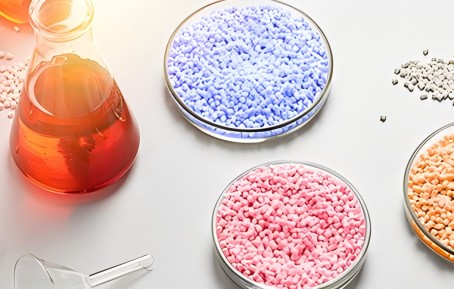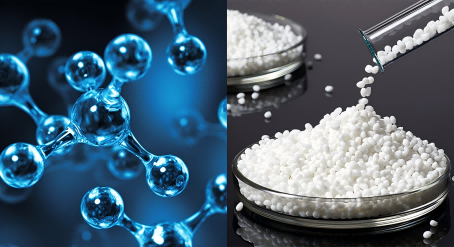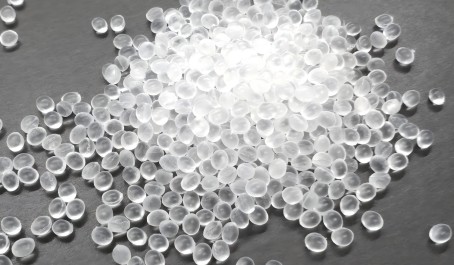Artificial Resin
◐Artificial resin is a kind of material with synthetic resin as the main component. Because they are manufactured artificially, it is easier to control their properties and properties than natural resins. Because of their diversity and plasticity, artificial resins have been widely used in various fields.
Product Details
1.Introduction
Artificial resin is a kind of material with synthetic resin as the main component. Because they are manufactured artificially, it is easier to control their properties and properties than natural resins. They can be hard, soft, transparent, or even electrically conductive. Because of their diversity and plasticity, artificial resins have been widely used in various fields.
Artificial resins are made up of monomers (unit molecules) that can be derived from natural materials such as wood, plants, animals and chemicals such as petroleum. The monomers are polymerized under high temperatures and pressures to form a long chain of molecules called resins. The resin will be processed into various shapes, including resin plates, resin tubes, resin rods, resin sheets, etc.
2.Applications
- Plastic products: Synthetic resin is the main raw material for the manufacture of plastic products, such as plastic bags, plastic bottles, plastic pipes, etc.
- Coatings: Synthetic resins can be used to manufacture coatings, such as paints, coatings, etc.
- Adhesives: Synthetic resins can be used to manufacture adhesives, such as universal adhesives, glass adhesives, etc.
3.Characteristics
- High Chemical Stability – Resistant to acids, alkalis, and solvents, making it suitable for various industrial applications.
- Good Mechanical Properties – Offers high strength, durability, and flexibility depending on the type of resin.
- Thermal Resistance – Can withstand different temperature ranges, with some resins being heat-resistant.
- Excellent Adhesion – Bonds well with various materials, making it useful in coatings, adhesives, and composite materials.
- Weather Resistance – Some resins are highly resistant to UV rays, moisture, and environmental degradation.
- Transparency & Colorability – Can be transparent or easily colored to meet aesthetic and functional requirements.
- Recyclability (Varies by Type) – Some synthetic resins can be recycled, contributing to sustainability efforts.





